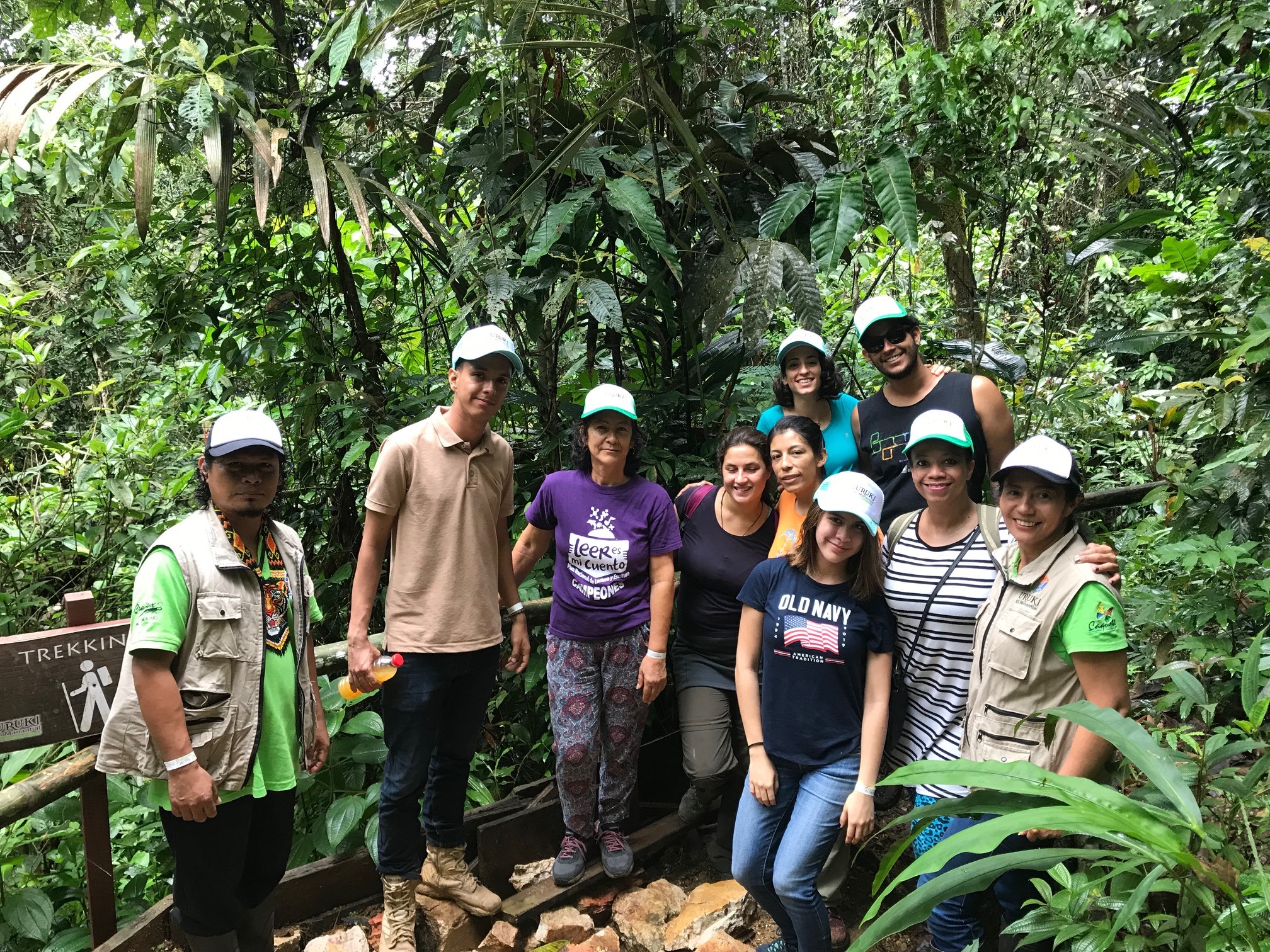
Up until a few years ago, the rich biodiversity around Florencia, Caquetá, remained largely untouched by tourism. As in many rural parts of Colombia, strong presence of illegal armed groups fighting for control of the territory rendered much of the country’s unparalleled natural beauty inaccessible, and negative stigmas hanging over Caquetá limited tourism to the department on the edge of the Amazon.
USAID and ACDI/VOCA, through the Program of Alliances for Reconciliation (PAR), have been working to restore social structure in the region and dismantle the negative image, creating new narratives that help to build trust in the stigmatized area.
Working alongside the Florencia Chamber of Commerce, PAR supported an ecotourism project in El Manantial Nature Reserve as a strategy to develop legal and sustainable income opportunities for the local community as well as to promote social cohesion and integration. The project works with a diverse group of 250 participants, including local community members, indigenous persons from two different groups, and reintegrated ex-combatants.
The concept of the project was originally born out of an idea by an army commandant who saw the need to promote reconciliation in the region. PAR and the Chamber of Commerce joined forces with University of the Amazon, which established a new course on ecotourism developed through program support.
In addition to the economic aspect of the project, the initiative has also generated respect and cohesion in the community where low levels of trust due to the conflict had left weak community structures and a tendency to solve conflicts with violence.
“There were some neighbors who had not spoken for years because of a small dispute that had grown into something bigger. The DecidoSer workshops helped to improve community relationships as people began to forgive and we learned to accept our differences.” –Luz Estela Sogamozo, reserve guide
At the beginning it was not easy to convince members of the local community to accept ex-combatants as part of the group, “But with the psychosocial workshops, we came to realize that there could be many different reasons that led them to join illegal armed groups, and that they are normal people, just like us, and that we needed to become united in order to move forward,” Sogamozo explains.
Sogamozo explains that respect for indigenous people has also improved: “There were people who used to use derogatory terms but through the DecidoSer training, everyone has come to value having indigenous people in the community and wants to learn from them. Indigenous practices such as food and traditional rituals have also been incorporated into the tourism activities.” According to Sogamozo, community integration has been a key part of the project, and social cohesion has helped to improve security in the area.
“The most important thing for me has been the reconciliation aspect. We can’t talk about teamwork or community if we don’t understand each other.”–Luz Estela Sogamozo, reserve guide
Uruki Manantial has become a point of reference for Caquetá, with the local government, mayor’s office, and international cooperation organizations bringing visitors to the region to share with them the magic of the Amazon.
Learn more about our work in Colombia.
Learn more about our Program of Alliances for Reconciliation.








